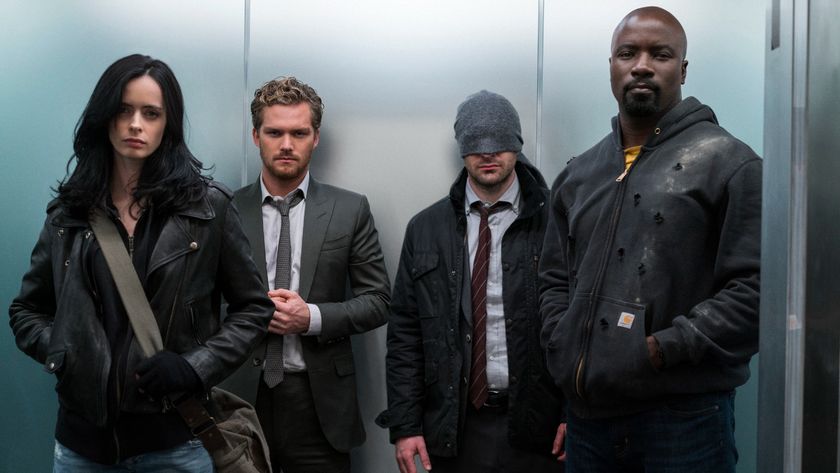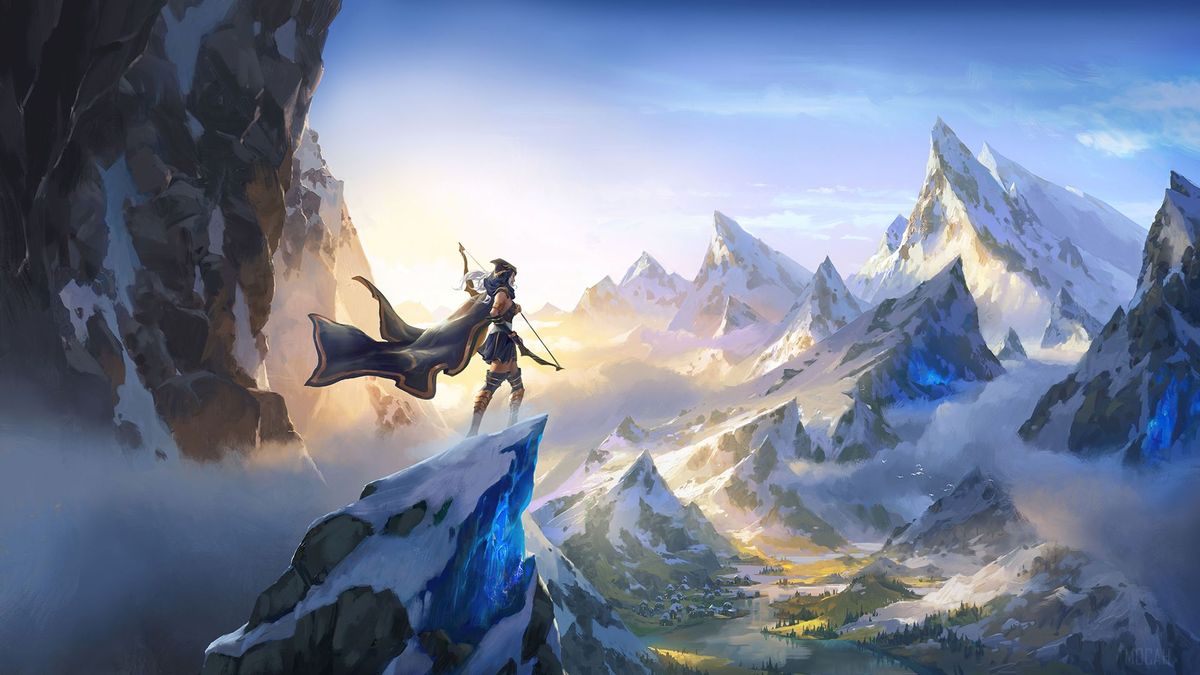
"The world was different in a lot of ways when League of Legends launched." In 2009, when Riot Games emerged as a surprise front-runner in the race to make the leading 'DotA-Clone', few would have guessed that it would eventually become one of the leading figures in interactive entertainment.
Jeremy Lee, executive producer on the company's flagship title, has helped oversee LoL's journey from a massive game with limited cultural presence into one of the biggest multimedia franchises on the planet. Speaking to 12DOVE ahead of MSI, one of the biggest international esports tournaments in the world, Lee acknowledges that many things have changed since that original launch.
"The world was different in a lot of ways when League of Legends launched. It was a very unusual and kind of shocking thing to have a free-to-play game at the time." Nowadays, many of the biggest games in the world are free, funded entirely by cosmetics and battle passes, but that certainly wasn't the case 14 years ago.
Caught in a Blizzard
Few games have had the staying power of League of Legends. Perhaps the biggest that comes to mind is World of Warcraft, a game approaching its own 20th birthday next year. Major expansions every few years have allowed WoW to maintain its relevance, but LoL doesn't have that same rate of relative change. When I ask Lee how Riot has maintained that enduring appeal, he notes that "it's pretty unprecedented. There really are so few comparison points. We're really in uncharted territory when it comes to games that are multi-generational."
The core of the success, however, lies with the players; "the only reason that LoL is going into its 14th year is that partnership. The thing that guides us is what players are asking for." Sometimes, that's a more diverse roster of champions - League of Legends now plays host to characters drawn from south Asian, African, meso-American, and Caribbean heritage; many characters are built around positive portrayals of disability; romance is not a key part of League of Legends, but characters like Neeko and K'Sante offer fledgling LGBTQ representation.
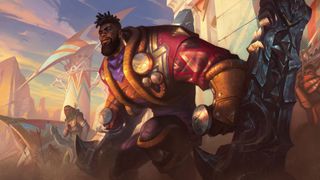
Much of the time, the requests are less flashy - server improvements or new graphical options - but as Riot's place in the cultural zeitgeist expands, Lee says players are helping shape LoL's next narrative phase; "more and more games are becoming the center of entertainment generally." Citing HBO's The Last of Us, he points to Arcane. League of Legends' Netflix limited series was a triumph, sweeping the Annie Awards, and claiming Emmys and Hollywood Critics' Association titles along the way. For Lee, however, all that is a nice little extra; "what we're trying to do is serve players who love League of Legends. When something like Arcane ends up being interesting and exciting for people who don't know the game, that's awesome, but it's a bonus for us."
That sentiment, however, comes at the end of a difficult period for LoL's narrative efforts. Arcane was a bright spot, but Riot has struggled elsewhere. In the summer of 2020, the Spirit Blossom brought an in-game visual novel to the League of Legends client. The idea was well-received, but when it reared its head again the following summer for the Ruination event, the absence of certain characters and a less well-realized story left fans disappointed. Since then, events have been driven by battlepass-style cosmetic drops, and Lee suggests that everything had begun to feel "a bit same-y."
Sign up to the 12DOVE Newsletter
Weekly digests, tales from the communities you love, and more
Dead game
"Overall, one of the sentiments we were hearing was 'Riot's more interested in other things now, League of Legends isn't important to Riot anymore'. That isn't true, but some of the inadvertent things we had done certainly made it feel that way." Events like Ruination contributed to that, but the spark of a full-fledged panic came from a video released at the start of the year. Traditionally, the beginning of each annual season is marked with a flashy cinematic, but 2023's was so low-key that players assumed it was the beginning of the end for the game. Riot apologized, and Lee suggests that the response has helped kickstart an entirely new relationship with fans.
"We were hearing 'Riot doesn't care anymore'. That's not true"
"It wasn't the only thing that had not gone well, but it was a really major moment where all players were looking at it, and saying 'this is something we're really looking forward to, and you missed the mark'. For the dev team and for players it was really disappointing." In response, Riot issued a rare apology, the start of a new way that the company realized it could talk to fans. In the days after the initial backlash, Lee appeared on a simple, phone-style video alongside League of Legends' studio head, filmed in Riot's offices rather than a fancy studio environment, to explain the whole situation.
"Over the last four or five years, we've been waiting to do videos where everything's polished and everything's perfect, and we can announce a bunch of stuff all at once. We realized based on what players were telling us that we don't have to do it that way. Those are more important to players." The result is an approach that Lee says is like "going back to our roots. It's going well in that we have a much better two-way conversation, and I'm looking forward to this summer where we're releasing a lot of content that's the result of those conversations, but that's just the first step."
Riot has teased some of that content already. A new '2v2v2v2' game mode is on the horizon. A new event intends to introduce a new theme, with new storytelling ideas. The long-term success of those ventures is reliant on players' enjoyment of them; Riot's pivot into music stemmed from the positive response to 2013's 'Get Jinxed' music video. So did Arcane, but other projects have fallen by the wayside, canned when players got bored. That doesn't worry Lee - "players who love League of Legends can have a variety of ways to engage [...] and I think there are still more avenues to explore. There's always something being pitched, always something being prototyped. The future, however, remains firmly tied to traditional, 5v5 League of Legends: "The core is so strong. People ask 'are you going to do LoL 2?' I think we've done that many times over."

I'm GamesRadar's news editor, working with the team to deliver breaking news from across the industry. I started my journalistic career while getting my degree in English Literature at the University of Warwick, where I also worked as Games Editor on the student newspaper, The Boar. Since then, I've run the news sections at PCGamesN and Kotaku UK, and also regularly contributed to PC Gamer. As you might be able to tell, PC is my platform of choice, so you can regularly find me playing League of Legends or Steam's latest indie hit.
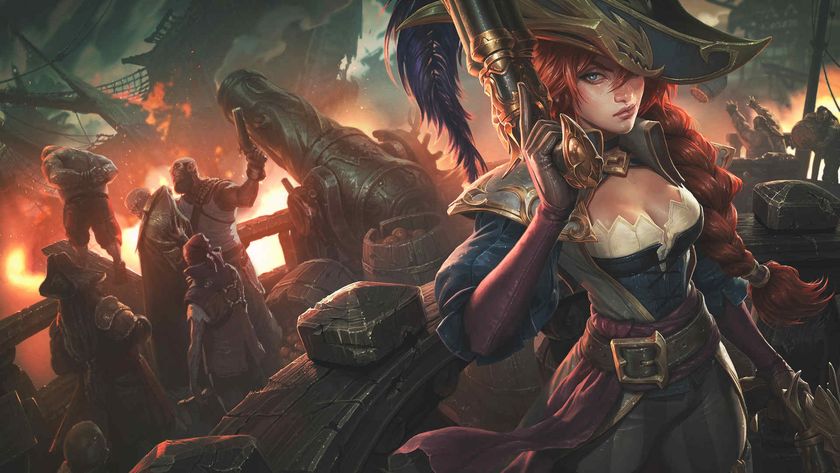
4 years later, the League of Legends MMO remains a major project for Riot Games' co-founder who says it's "exactly the type of company" that should be making MMOs
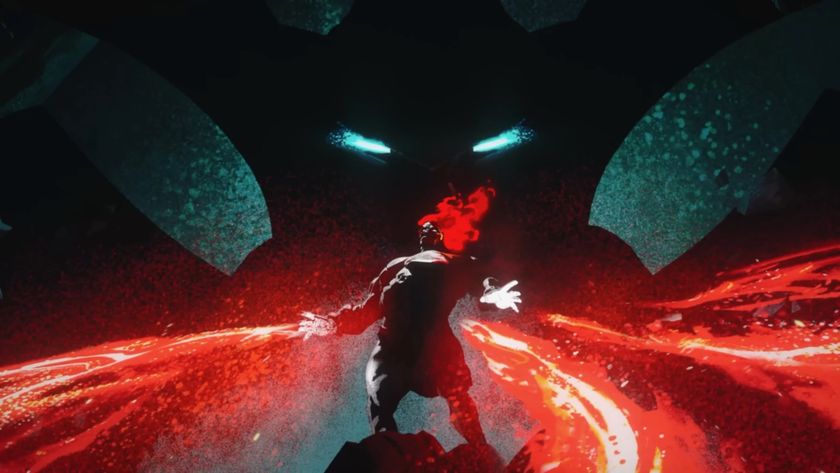
Doubling-down on League of Legends' worst PR disaster in years, developer Riot locks hotly anticipated cosmetic behind $240 gacha wall
Most Popular







